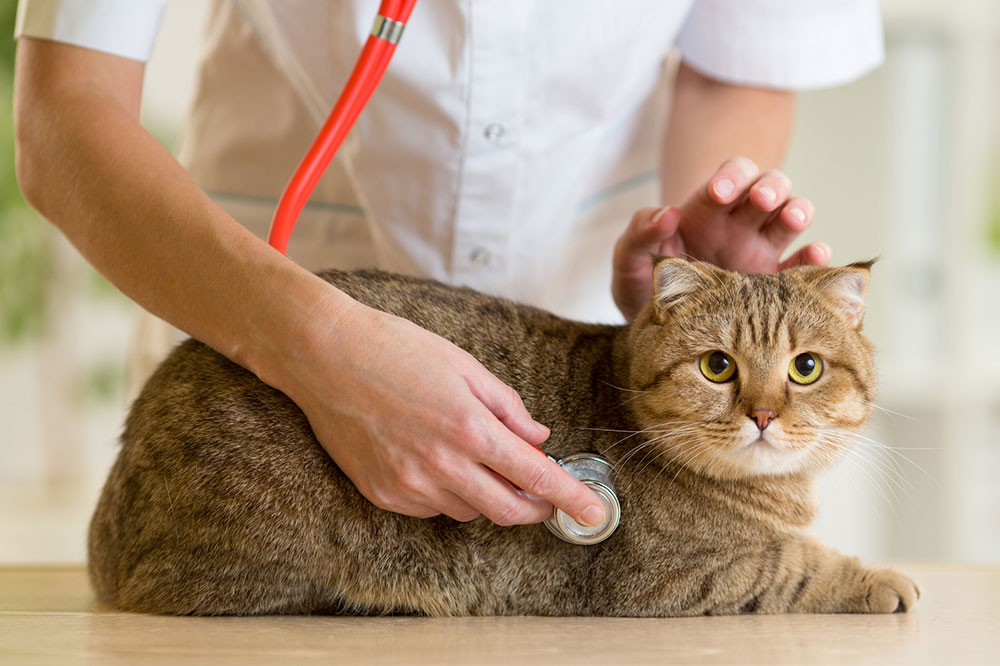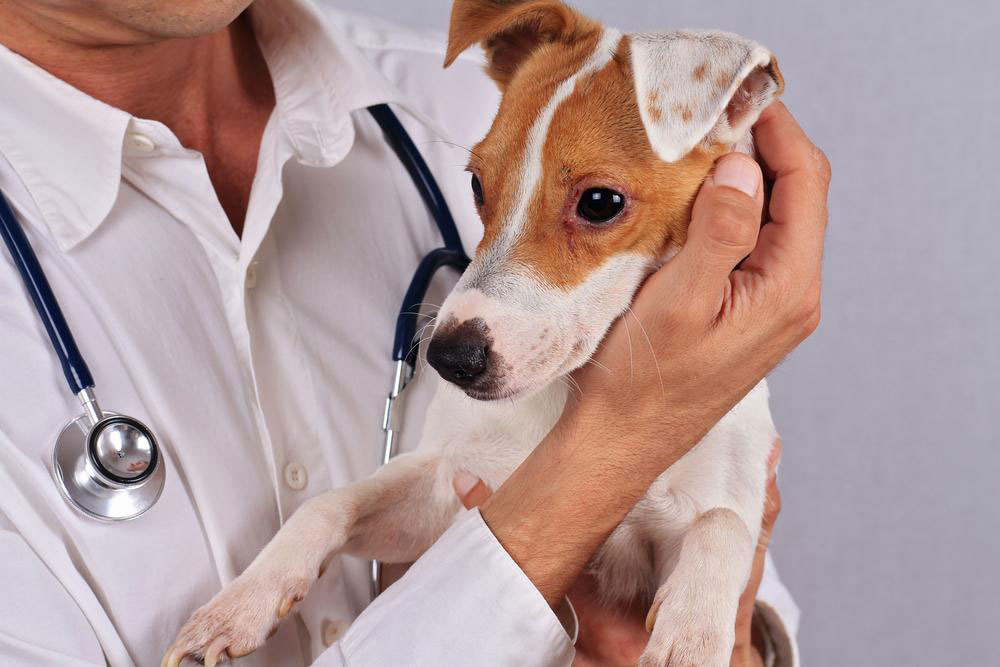Top 6 Health Issues Commonly Affecting Cats
This article reviews six common feline health issues, including respiratory infections, diabetes, digestive problems, parasitic infections, leukemia, and urinary tract disorders. Early detection and veterinary care are crucial for managing these conditions. Learn how to protect your cat's health effectively with preventive measures and prompt treatment.
Sponsored

Cats are beloved companions, but they are susceptible to various health conditions throughout their lives. Recognizing these common ailments can help you identify symptoms early and seek prompt veterinary care. Here are six prevalent health problems seen in cats.
Respiratory Infections
This condition affects the respiratory system, especially the nose and throat. The infection often spreads through shared food and water bowls, sneezing, or grooming tools. Infected cats may become lifelong carriers. Keeping cats indoors and avoiding contact with sick animals can reduce risks.
Diabetes Mellitus
Diabetes happens when a cat's body lacks insulin or responds poorly to it, leading to high blood sugar levels, known as hyperglycemia. If untreated, it can cause serious health issues. Diabetes is manageable through insulin therapy and dietary management.
Digestive System Disorders
Gastrointestinal problems like diarrhea, vomiting, and constipation are common in cats. Causes include food allergies, parasites, or irritable bowel syndrome. Any changes in eating habits or bowel movements should prompt a vet visit.
Intestinal Parasites
Worm infestations such as tapeworms, roundworms, and hookworms affect feline digestion. Symptoms may include vomiting and anemia. Prevent exposure by limiting contact with rodents or sick animals and consult a vet if worms are suspected.
Feline Leukemia Virus (FeLV)
FeLV impacts the immune system, increasing susceptibility to other diseases like cancer or anemia. It can be transmitted via bodily fluids or from a mother to her kittens. Testing new or sick cats for this virus is essential.
Lower Urinary Tract Disorders
FLUTD affects the urinary tract, leading to difficulty urinating, pain, or blood in urine. It is especially common in male cats and requires quick veterinary intervention. Treatment can include anti-inflammatory medications or natural remedies.






